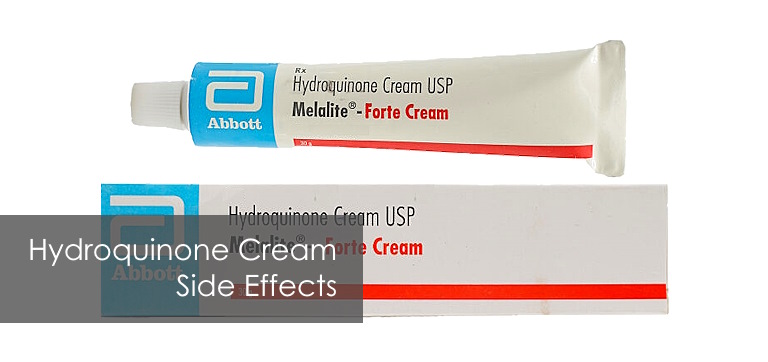Hydroquinone Cream Side Effects: What You Need to Know
Table of Contents
Everyone who suffers from hyperpigmentation tries treatments to combat hyperpigmentation and improve skin tone. However, hyperpigmentation is a skin problem that appears as dark patches or spots on the skin. This can be the reason for a high level of melanin, the pigment that gives skin its color. Sun exposure, hormone fluctuations, inflammation, and skin injuries are all possible reasons for this condition.
Hydroquinone cream has been popular for treating hyperpigmentation and dark skin color for many years. It is usually used to lighten dark skin spots, such as age spots, melasma, and post-inflammatory hyperpigmentation. Although hydroquinone can be effective in improving skin tone. So, it is important to be aware of any side effects and the risks related to long-term use.
Understanding Hydroquinone
Hydroquinone is a topical skin-lightening treatment that works by blocking the formation of melanin, the pigment responsible for skin color. However, It comes in a variety of forms, including creams, gels, lotions, and serums. Hydroquinone is used at doses ranging from 2% to 4%, while higher quantities can be available on prescription.
It is usually recommended for short-term use and can be a part of an overall skincare plan to help with hyperpigmentation issues. While hydroquinone is recognized as an effective treatment for skin darkness, it is important to use it exactly as prescribed and under the supervision of a healthcare expert to reduce the risk of side effects and get the best results.
Exploring Hydroquinone Side Effects
Hydroquinone Side Effects:
Skin Irritation:
The most common side effects of hydroquinone are skin irritation like redness, itching, burning, and dryness. This irritation is likely to occur with higher concentrations of hydroquinone or long-term use.
Exogenous Ochronosis:
Long-time use of hydroquinone has been in a condition called exogenous ochronosis by blue-black pigmentation and thickening of the skin. While it can be challenging to treat and can be maintained after discontinuing hydroquinone use.
Skin Sensitivity:
Hydroquinone can make the skin very sensitive to sunlight and can increase the risk of sunburn and skin damage. So, you should use sunscreen and protective clothing while using hydroquinone to minimize sun exposure.
Skin Discoloration:
Paradoxically, long-term use of hydroquinone can cause skin discoloration, especially if taken in high quantities or over long periods. This might cause a blotchy appearance and uneven skin tone.
Allergic Reactions:
Some people can have allergic reactions to hydroquinone, manifesting as rash, hives or swelling. If you experience any allergic symptoms, stop using it and consult your doctor immediately.
-
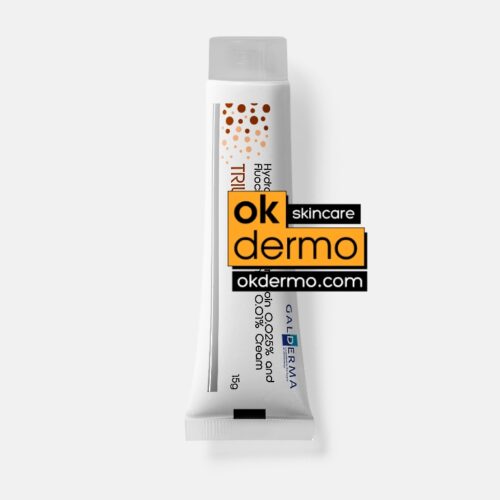
Tri-Luma® Cream for Hyperpigmentation
Hydroquinone 2% / 4% + Tretinoin 0.012% / 0.05% + Fluocinolone 0.01%
Size: 15g / 0.53oz, 20g / 0.7oz
Brand name: Lumiquin, Lumacip Plus, Refaquin, Retrieve
From USD $35.00 Select options -
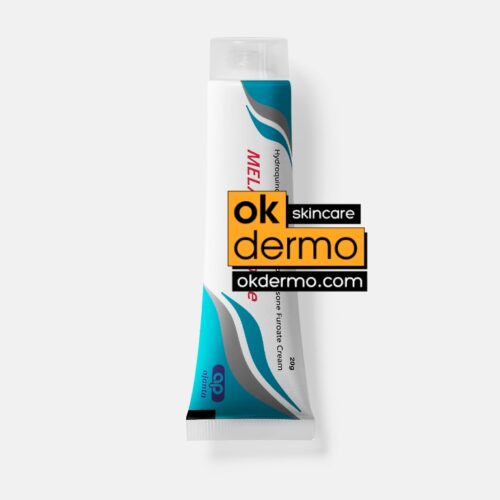
Melacare Forte® Triple Action Cream
Hydroquinone 4% + Tretinoin 0.025% + Mometasone 0.1%
Size: 25g / 0.9oz
USD $24.00 Add to cart -
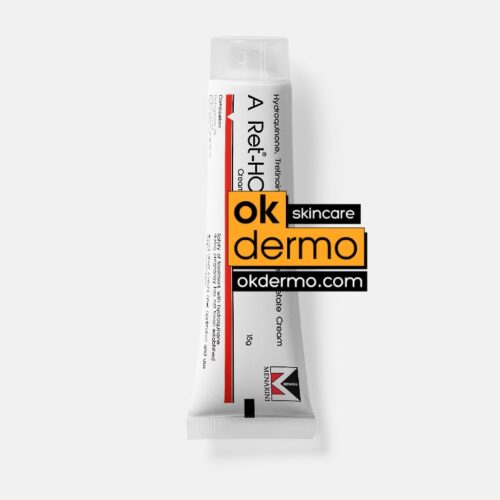
A Ret-HC® / Melanorm-HC® Skin Cream
Hydroquinone 2% + Tretinoin 0.025% / 0.05% + Hydrocortisone Acetate 1%
Size: 15g / 0.53oz
Brand name: Pigmanorm, Katarya, Kataryaxn, Ketarya, Kevarya
From USD $24.00 Select options -
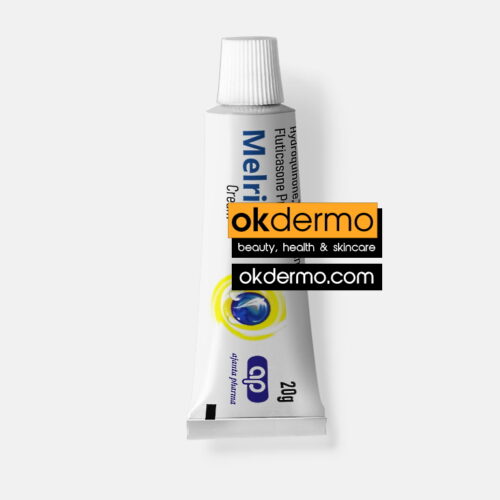
Melrio® Skin Whitening Cream
Hydroquinone 2% + Tretinoin 0.025% + Fluticasone Propionate 0.05%
Size: 20g / 0.7oz
Brand name: Tri-Luma
USD $24.00 Add to cart
Hydroquinone Side Effects Cancer:
Controversial Link:
There has been some discussion on whether there are cancerous effects of hydroquinone. While animal research has shown a possible connection between hydroquinone and cancer, study proof is incomplete. The FDA has not found that hydroquinone causes human cancer but more research is needed to determine its safety profile.
Is Hydroquinone a Steroid?
Hydroquinone isn’t a steroid. It’s a phenolic chemical-based that blocks the growth of melanin in the skin. On the other hand, steroids are a type of hormone with anti-inflammatory effects and are used in many kinds of skincare products to reduce redness, irritation and inflammation.
Long-term Hydroquinone Side Effects
Long-term usage of hydroquinone can result in many types of side effects like skin irritation, exogenous ochronosis, and skin discoloration. To reduce the danger of long-term negative effects, hydroquinone should be used under the supervision of a healthcare expert and according to the approved elements for duration and concentration.
-
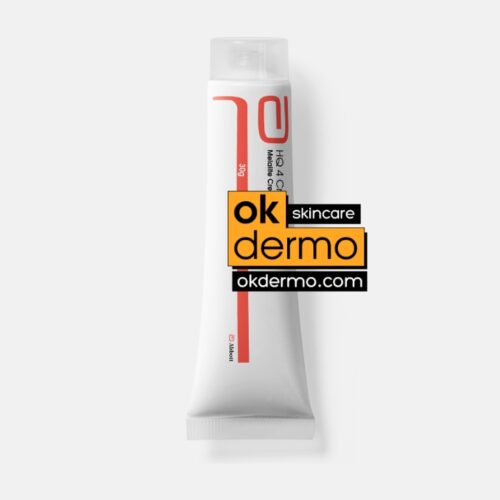
Pure Hydroquinone 4% Skin Whitening Cream
Hydroquinone 4% USP Skin Lightening Agent
Size: 20g / 0.7oz, 30g / 1.05oz
Brand name: Eldoquin, Melanox, Expigment, Eqinon, Melloderm
From USD $25.00 Select options -
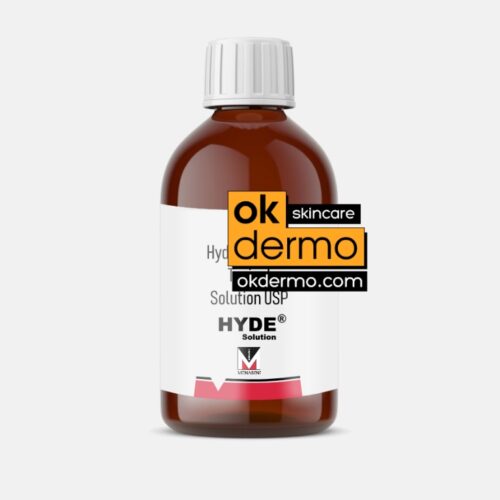
Hydroquinone 5% Topical Lotion
Hydroquinone 5% USP Solution
Brand name: Mediquin, Vitaquin, Interquin
From USD $25.00 Select options -
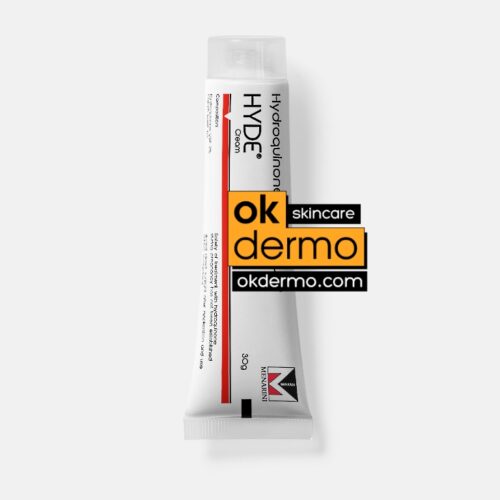
Hydroquinone 3% Topical Cream
3% Hydroquinone USP Skin Lightening Cream
Brand name: Melamix, Esoterica, Alera, Melquin, Melamin, LumaSilk, Obagi, Blanche
From USD $22.00 Select options -
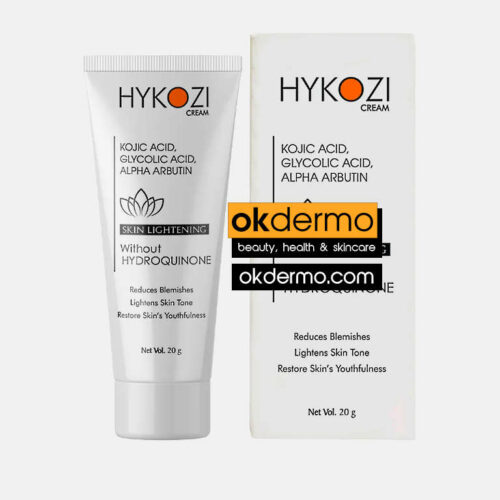
Hykozi® Non-Hydroquinone Skin Glow Cream
Kojic Acid 2% + Glycolic Acid 2% + Licorice 1% + Alpha Arbutin 1% + Lactic Acid 0.2%
Size: 20g / 0.7oz
USD $32.00 Add to cart
Exploring Hydroquinone Uses
Hydroquinone is primarily used for:
Treating Hyperpigmentation:
Hydroquinone is effective in reducing the appearance of dark spots, age spots, melasma, and other forms of hyperpigmentation.
Evening Skin Tone:
It helps the skin achieve a more even and uniform complexion by lighting areas of excess pigmentation.
Improves skin clarity:
Hydroquinone can improve overall skin clarity and radiance by reducing the visibility of hyperpigmented areas.
Frequently Asked Questions (FAQs)
-
What are the dangers of hydroquinone?
The dangers of hydroquinone include skin irritation, exogenous ochronosis, increased skin sensitivity to sunlight, skin discoloration, and even allergic reactions. Thus, long-time use of high concentrations or wrong application can increase the risk of side effects.
-
Why is hydroquinone banned in the US?
Actually, hydroquinone is not banned in the US but is regulated by the FDA. Rather, over-the-counter hydroquinone products are limited to a 2% concentration, while higher concentrations require permission. Thus, the FDA monitors the safety and efficacy of hydroquinone-containing products to ensure consumer safety.
-
Does hydroquinone lighten skin permanently?
Hydroquinone can lighten your skin temporarily by inhibiting melanin production. However, if you are not using it anymore, the skin can naturally return to its original shade if exposed to sunlight or other factors that stimulate melanin production.
-
When should I stop using hydroquinone?
You should stop using hydroquinone if you experience severe skin irritation, allergic reactions or any signs of exogenous ochronosis. Additionally, if you want the desired skin tone or feel any side effects, it’s advisable to discontinue use and consult a dermatologist.
Conclusion
While hydroquinone can be an effective treatment for hyperpigmentation, so it’s essential to weigh its benefits against any risks and side effects. If you are consulting a dermatologist before starting hydroquinone treatment then it can help determine the most appropriate concentration and duration of use for your skin type and condition.
Additionally, using hydroquinone in conjunction with sun protection measures and other skincare products can help minimize any side effects and reduce its efficacy in achieving clearer and more even-toned skin.
Lastly, hydroquinone gives you many benefits for addressing hyperpigmentation, it’s most important to use it on your own responsibly and under medical supervision to ensure safe and effective treatment outcomes.
References:
- https://www.webmd.com/drugs/2/drug-1347/hydroquinone-topical/details
- https://my.clevelandclinic.org/health/drugs/19764-hydroquinone-skin-cream-gel-emulsion-lotion-or-solution
- https://www.everydayhealth.com/drugs/hydroquinone-topical
Post by:
Dr.Marcella Jiovanni
Health and Beauty Expert
“Marcella Jiovanni actively promotes the importance of maintaining healthy skin, she envisions the future of dermatology as moving away from pure medical, pharmacological dermatology and flowing more toward a holistic approach to wellness and skincare.”

